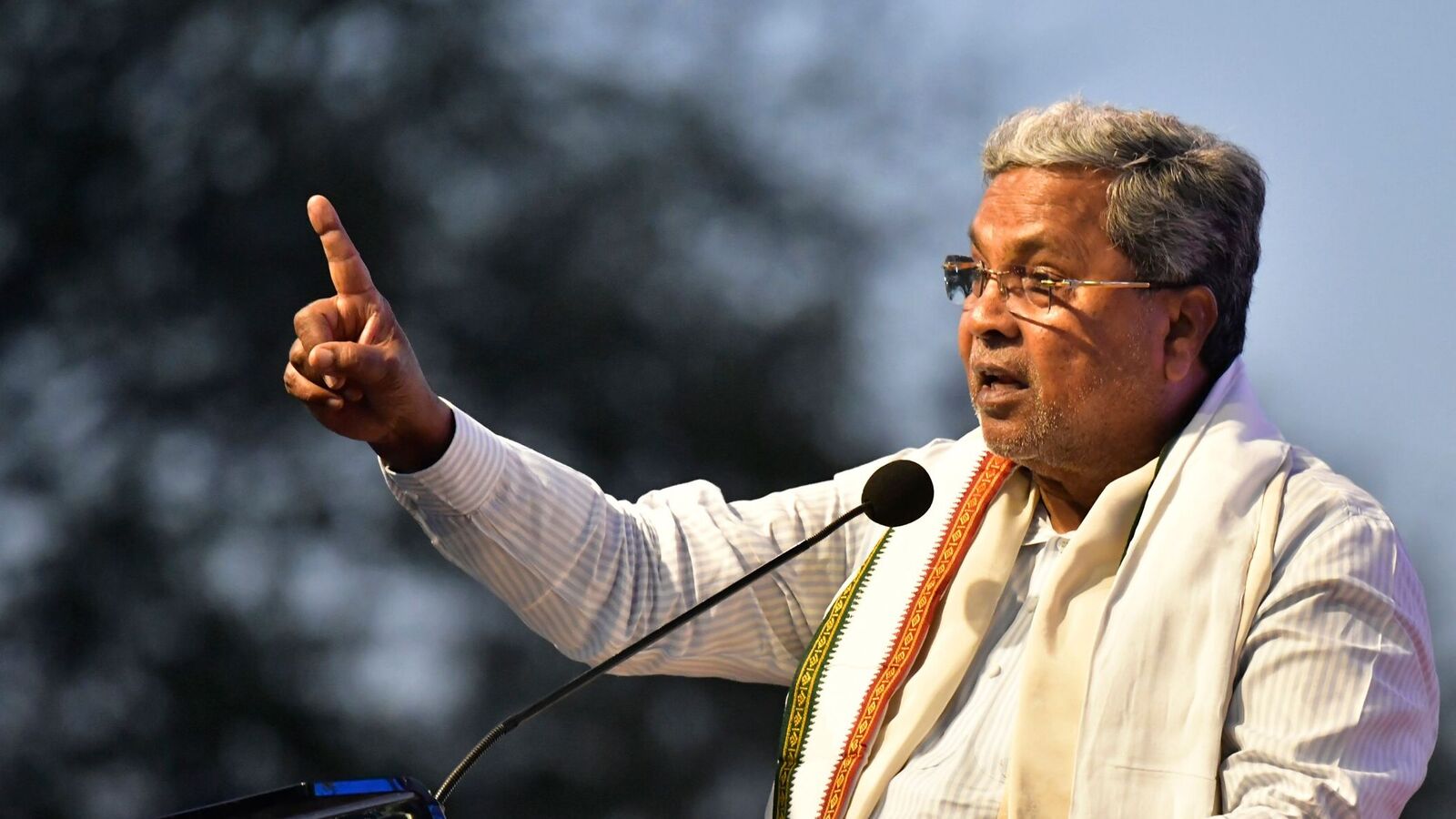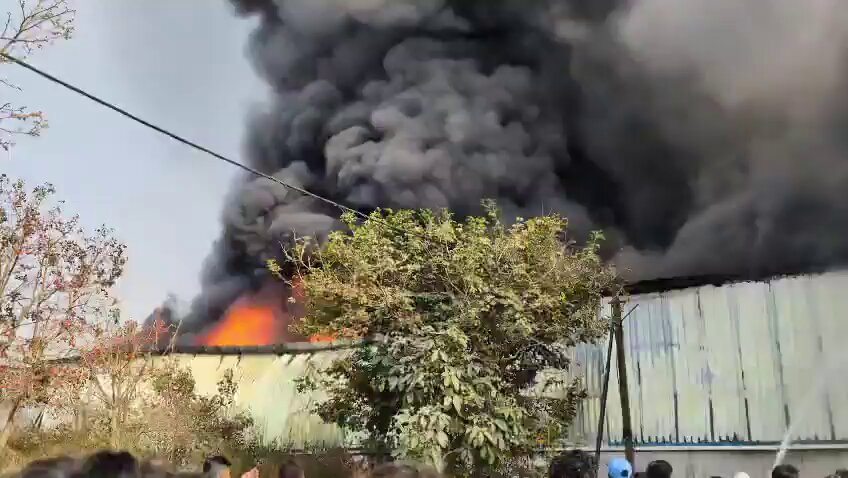Robust public transport is the answer to traffic congestion: Saleem
In an exclusive interview with Salar News, Karnataka’s Director-General and Inspector-General of Police MA Saleem discusses Bengaluru’s traffic congestion, public safety, cybercrime, and the transformation of the police force.
Salar News
-
MA Saleem was appointed as the Director General and Inspector General of Police (DGP & IGP) of Karnataka on 21 May
BENGALURU, 8, OCT
Karnataka Director-General and Inspector-General of Police,
MA Saleem, is popularly known for the 122 one-ways he introduced in Bengaluru
when he was in charge of traffic management in various posts. The third Muslim
to head the top post after AR Nizamuddin in 1990 and Abdul Rahman Infant in
2012, Saleem, in an interaction with Salar News on Wednesday, spells
out the reasons for the traffic choke in Bengaluru and other major cities in
the state.
With a doctorate in traffic management and being credited for making 122 roads
one-way in Bengaluru, what do you think is the solution for the traffic
situation in the City today?
The basic problem in Bengaluru is capacity. The capacity of the roads is
limited compared to the volume of traffic, and this is the reason for traffic
congestion. We made arterial roads like Cunningham Road, Commercial Street,
Richmond Town one-way, which is the reason why traffic moves in the CBD
district with ease. But we have problems in new areas like Whitefield, the
South-East, and Airport areas. Besides, our share of public transport is very
small. Only 47 per cent of trips in Bengaluru are by public transport, and the
remaining 53 per cent are by private vehicles. In Western countries, almost 85
per cent of travel is by public transport. Even in cities like Mumbai, 82 per
cent of the population uses public transport.
Do you have plans to extend the Public Eye (citizen
participation in traffic management) introduced by you in Bengaluru and Mysuru
to other districts?
The Public Eye will be successful if we have a robust Intelligent Traffic
Management System (ITMS) capturing the violations automatically and challans
are issued. Unless this facility is available with the district police, it may
not be feasible to start the Public Eye. We are currently developing the ITMS
in other cities for this purpose.
Home Minister G Parameshwara recently said that during
peak traffic hours, he has not seen the police managing the traffic system.
When I was in charge of traffic, I would start the day at 8:30 a.m. and be on
the road, because that is the only way to manage traffic. We are asking all
traffic officers, particularly DCPs, Joint CP Traffic, and ACPs, to come early
and be on the road. Unless senior officers are on the road, it is very
difficult to take decisions if there is any problem or traffic jam.
These days, we see a rising trend in cybercrimes. As the
top cop in Karnataka, what do you suggest citizens do to avoid falling prey to
such fraud?
Greed is one of the main reasons for cybercrimes. Secondly, one should have
knowledge and information about the gadgets one is using. For example, how does
one safely use phone locking systems to ensure one’s privacy, and how does one
prevent sensitive data from falling into random hands? It is also important to
remember that there is nothing like a free lunch in life. When somebody offers
you a freebie, be on your guard.
What has the police force done to make Bengaluru safe for
women and late-night travellers?
Bengaluru is largely a very safe City for women and for every section of
society. After the Safe City Project was implemented, we now have a network of
7,500 cameras across the City, which are constantly monitored and stream video
in real time.
Additionally, the Bengaluru Police have created safety
islands for women. If there's a problem, women can go to the nearest safety
island and, with just the click of a button, receive immediate assistance.
Everything is captured on camera, and help arrives quickly. Bengaluru also has
pink Hoysalas available exclusively for women in distress.
Which city in the world do you think is safest for women
or the general public?
Cities in the Nordic countries, particularly Scandinavian, and even the Gulf
countries are among the safest. In Scandinavia, it’s due to the high quality of
life. In the Gulf, it’s the fear of strict law enforcement that ensures safety.
Your ‘Safe Route to Schools’ initiative became popular.
Are there plans to extend it to other districts?
Yes. The ‘Safe Route’ programme started in 2005 to decongest roads around
schools. The idea was to encourage students to use public transport, school
buses, or vans, and discourage large cars dropping off just one child. For
example, Residency Road would get heavily congested around 3 pm.
However, we haven’t been as successful in reducing traffic
as we hoped. That said, we have achieved our goal in terms of improving school
children’s safety.
What are the checks and balances in the police force?
Compared to any other government department, the police are the most punitive.
Even small misdemeanours are punished severely. You often see in the media how
many officers are suspended or prosecuted, disciplinary action is far greater
than in other departments.
Since we deal directly with people’s lives, we must maintain
top-class standards. One small mistake by a police officer can lead to serious
consequences. We also have a grievance redressal mechanism and a Police Complaints
Authority headed by a retired High Court judge, something no other department
has. But the public must also come forward with complaints.
What is being done to build public trust, considering the
police are often feared?
Unfortunately, we still live with the legacy of British colonial rule. The
police laws and structures were created to serve colonial interests. The
colonial government wanted the police to be brutal to suppress public
aspirations. Since Independence, there have been significant efforts to
transform the police from a ‘force’ to a ‘service.’ It’s taken over seven
decades, and while much has changed, some legacy attitudes still remain.
Leave a Reply
Your email address will not be published. Required fields are marked *








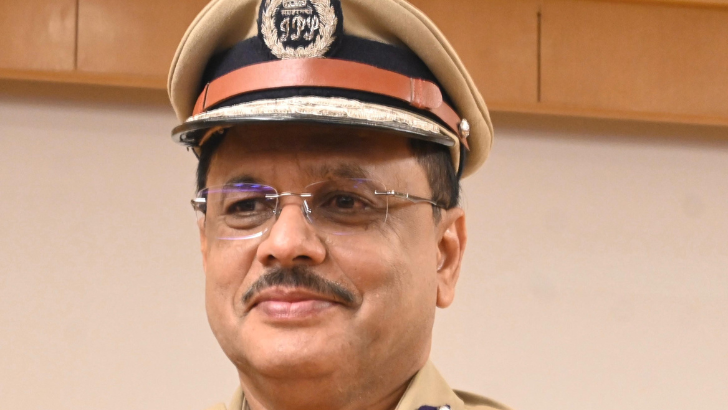

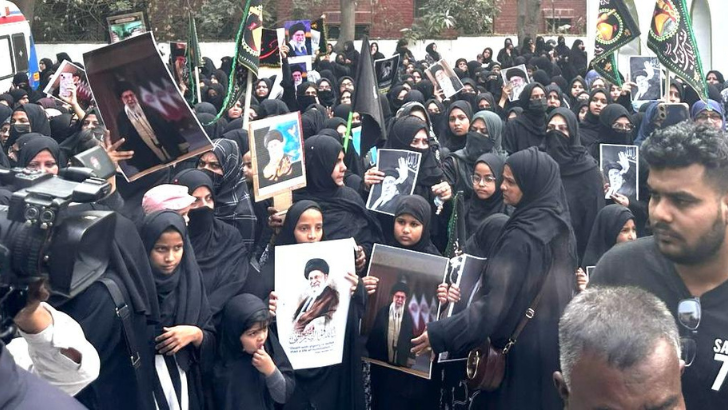
.png)
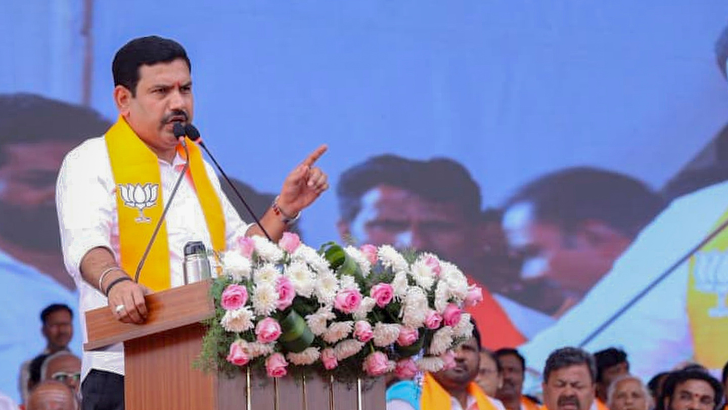

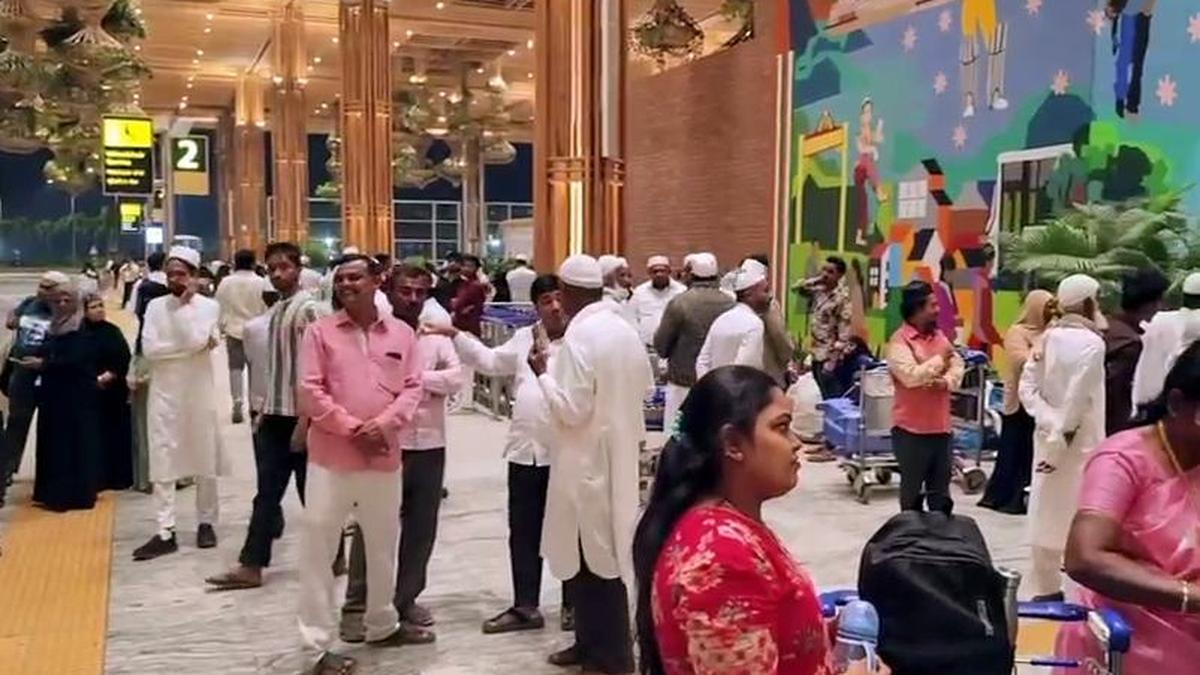
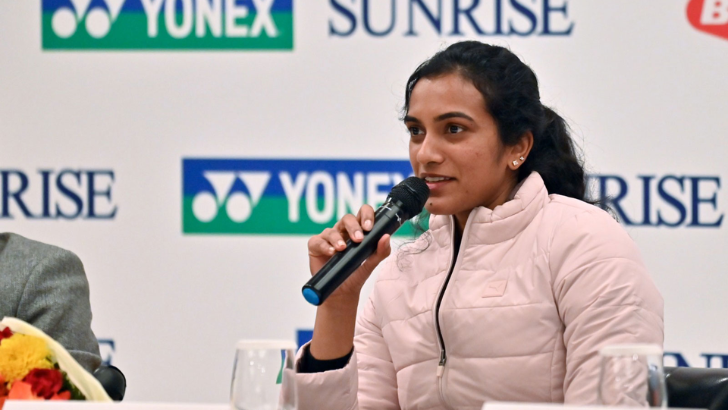
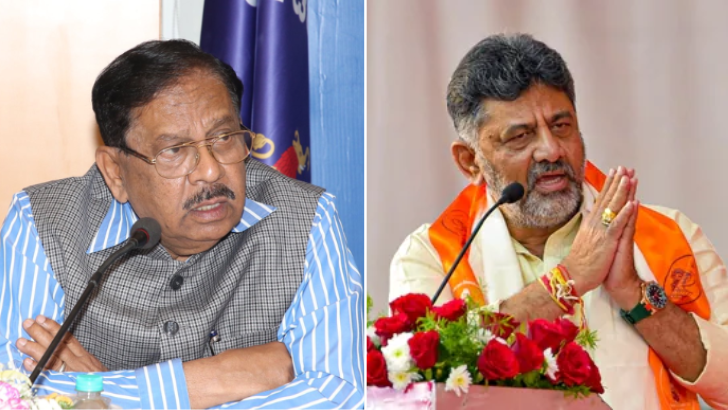
 (1).png)
